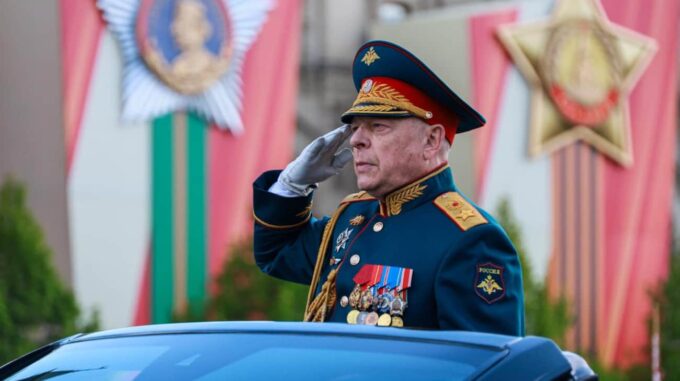The Russian authorities have dismissed the Commander-in-Chief of the Ground Forces

The Kremlin has taken another step in reforming military leadership. Vladimir Putin signed a decree dismissing General of the Army Oleg Salyukov from his position as Commander-in-Chief of Russia’s Ground Forces. According to Russian media sources, this personnel move aims to remove the experienced military leader from his current post, but instead, he is being transferred to a more political role. Reports from agencies indicate that Salyukov was removed from his position as Lieutenant General and appointed Deputy Minister of Defense, as well as a member of Russia’s Security Council. This decision by the country’s leadership currently raises speculation about further changes in the structure of military command. No official details have been announced yet regarding who will temporarily fill his place. However, it is known that a Major General or a Captain General is most likely already preparing to assume his duties. Oleg Salyukov has commanded the Ground Forces since 2014 — holding this position for over nine years. During this time, he rarely appeared publicly, and his media presence was mostly limited to military celebration ceremonies, participation in which has become a traditional element of his public image. This contributed to an aura of mystery surrounding his personality and activities. According to investigations by international media, it was revealed in 2023 that the general’s family receives extra income from organizing ceremonial events. His daughter-in-law, Dina Salyukova, owns a creative agency, HQ Agency, which specializes in preparing and conducting military-patriotic celebrations, military parades, and other themed events. It is known that the agency’s main clients include the Russian Ministry of Defense and municipal structures of Moscow, making this sphere highly profitable and strategically important for shaping a positive image of the military in the country. The leadership change in the Ground Forces may indicate a new phase in Russia’s military policy or internal upheavals within command structures. Currently, there are no official comments from the Kremlin on the reasons or future plans in this regard, but experts predict that this could signal an attempt by the authorities to strengthen personnel reserves or lay the groundwork for a larger reconstruction of military leadership amid modern challenges. Ultimately, Kremlin personnel decisions keep many observers in tense anticipation of further individual changes that could influence tactics and strategy of Russian troops in both internal and external operations. Salyukov’s dismissal is another vivid episode in the complex system of Russian military leadership, which is currently being profoundly reevaluated within the context of global geopolitical processes and internal political dynamics.

